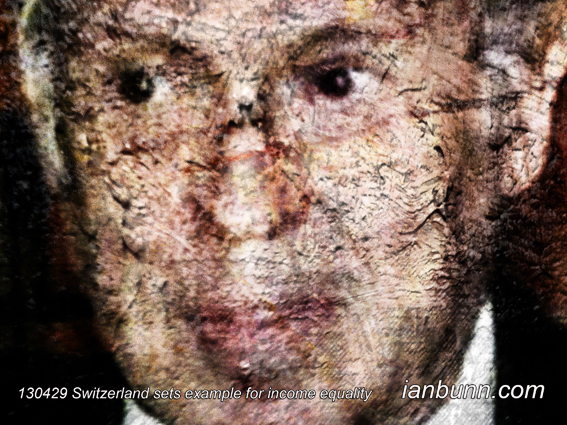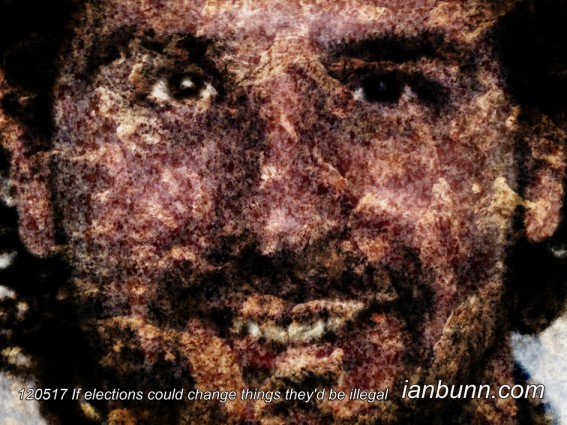 Diffusion of false and slanderous information (May 13 2013)
Diffusion of false and slanderous information (May 13 2013)
Laurent Fabius the 66 year old French Socialist politician who served as Prime Minister and current Foreign Minister has been forced to deny rumors of tax evasion. In an article published on France24 by Joseph Bamat, titled ‘French foreign minister denies tax-evasion ‘rumour’’, Bamat states “Foreign Minister Laurent Fabius denied … a rumour that he may have a secret bank account in Switzerland. The allegation comes less than a week after former budget minister Jérôme Cahuzac admitted he lied about holding a secret Swiss bank account, in a tax-evasion scandal that has rocked the Socialist government of President François Hollande. There is no “substance or foundation” to the news report, Fabius said in a statement to the press, adding he would take legal action to “stop the diffusion of this false and slanderous information”. …left-leaning daily Libération reported that the investigative news website Médiapart – which broke the Cahuzac affair – was looking into whether Fabius was also stashing away euros in “one or several” bank accounts across the border. It stated that Hollande’s cabinet is in a state of panic ahead of potentially devastating new revelations. “More than an affair, it’s a potential political bomb. Everyone thinks the same thing: if Fabius really does have a Swiss bank account, the entire government would fall. Immediately,” the newspaper wrote in its Monday edition that headlined, “The nightmare continues”. However, Libération did not publish any information or document proving that one of France’s top government minister’s had an illegal bank account. Left reeling from the Cahuzac affair, France’s government attempted to take back the initiative by stating that it was looking into tightening Europe-wide measures against tax evasion. Médiapart chastised the newspaper Libération for publishing the allegations. Contacted by Libération, Médiapart staff journalist Fabrice Arfi said the only news it stood by was “what is published on our site”.”
Inspired by Joseph Bamat, France24 ow.ly/k8WiS Image source Olivier Ezratty ow.ly/k8Wgl




